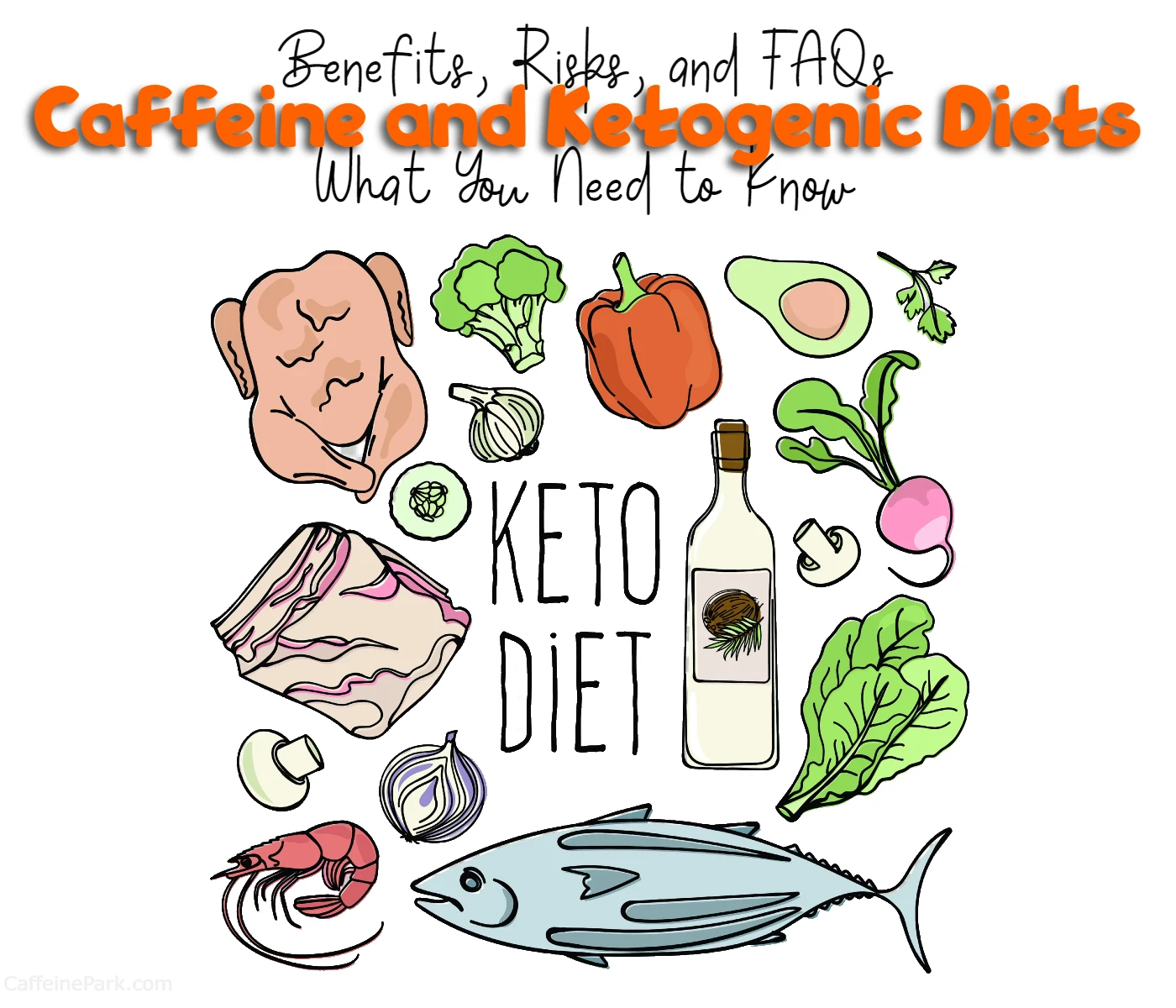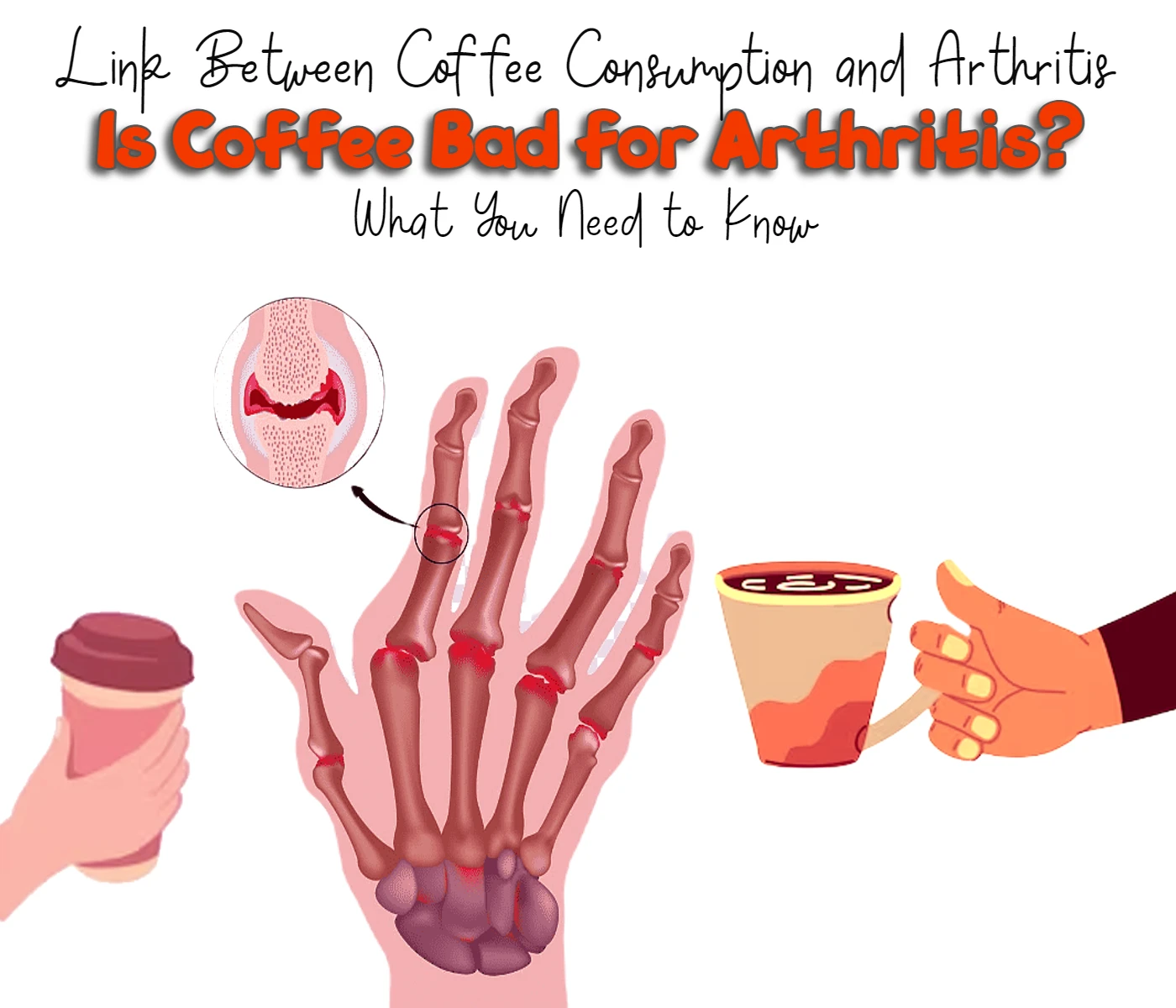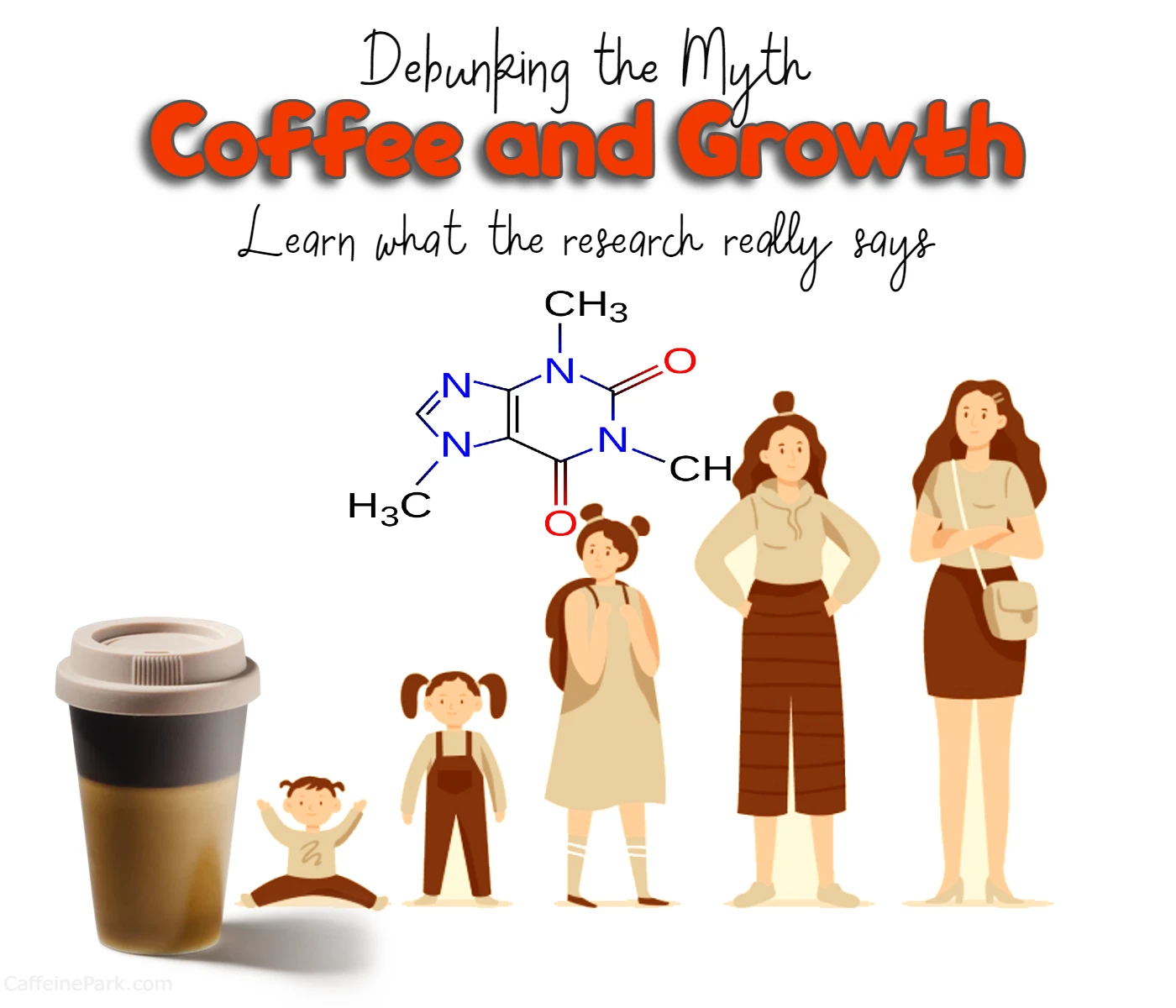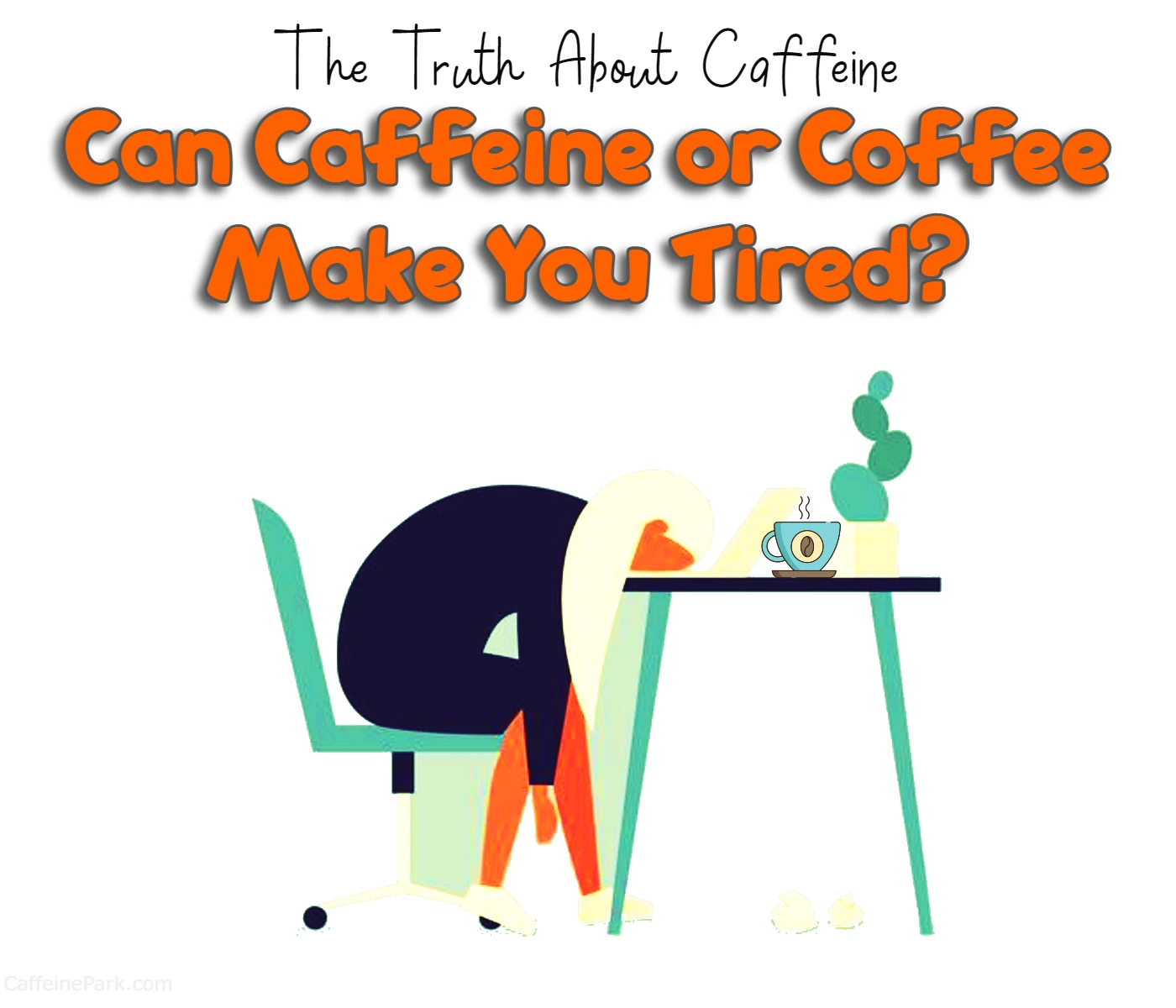
Hey there! Are you a fan of caffeine and considering trying out a ketogenic diet? Well, you’re in luck because I’m here to give you the lowdown on how these two things can work together.
First, let’s talk about caffeine. Caffeine is a stimulant that is commonly found in coffee, tea, and various energy drinks. It’s a popular pick-me-up for people who need an extra boost of energy to power through their day. However, caffeine can also have some negative effects, such as causing jitters, insomnia, and even addiction if consumed in excess.
Now, onto the ketogenic diet. This diet is a high-fat, low-carbohydrate way of eating that is designed to put your body into a state of ketosis. When you’re in ketosis, your body burns fat for fuel instead of glucose from carbohydrates. This can lead to weight loss and improved blood sugar control, among other benefits.
So, what happens when you combine caffeine and a ketogenic diet? Let’s find out.
How caffeine affects a ketogenic diet
Caffeine can actually be beneficial for people on a ketogenic diet. For starters, caffeine is a natural appetite suppressant, which can be helpful when you’re trying to stick to a high-fat, low-carb diet. It can also give you an energy boost to help you power through workouts and other activities.
However, it’s important to keep in mind that caffeine can also affect your blood sugar levels. When you consume caffeine, it can cause a spike in your blood sugar, followed by a crash. This can be problematic for people on a ketogenic diet, as they’re trying to keep their blood sugar levels stable to maintain ketosis.
Another thing to consider is that caffeine can increase your cortisol levels. Cortisol is a hormone that is released in response to stress, and it can have a negative impact on your body if levels are chronically elevated. People on a ketogenic diet are already under stress from dietary changes, so adding more stress from caffeine may not be the best idea.
How to incorporate caffeine into a ketogenic diet
If you’re a caffeine lover and want to incorporate it into your ketogenic diet, there are some things you can do to make it work.
First, be mindful of how much caffeine you’re consuming. Too much caffeine can lead to negative side effects, such as jitters and insomnia. Aim for no more than 400 milligrams of caffeine per day, which is roughly equivalent to four cups of coffee.
Next, consider the timing of your caffeine consumption. It’s best to consume caffeine earlier in the day so that it doesn’t interfere with your sleep. Avoid consuming caffeine in the evening, as it can disrupt your sleep and affect your ketosis.
Finally, consider consuming caffeine in the form of black coffee or tea. Avoid sugary energy drinks and other caffeinated beverages that contain added sugars or carbohydrates, as they can kick you out of ketosis.
The benefits of a ketogenic diet
Before we dive deeper into the topic of caffeine and ketogenic diets, let’s take a moment to discuss the benefits of a ketogenic diet on its own.
- Weight loss: The primary benefit of a ketogenic diet is weight loss. By limiting carbohydrates and increasing fat intake, your body enters a state of ketosis where it burns fat for fuel. This can lead to significant weight loss over time.
- Improved blood sugar control: A ketogenic diet can also help improve blood sugar control in people with diabetes. By limiting carbohydrate intake, blood sugar levels remain stable and insulin resistance is reduced.
- Increased energy: When your body is burning fat for fuel, you may experience increased energy levels and mental clarity.
- Reduced inflammation: A ketogenic diet can help reduce inflammation in the body, which has been linked to a variety of chronic diseases.
Caffeine and its effects on the body
Now, let’s take a closer look at caffeine and its effects on the body.
- Increased alertness: Caffeine is a stimulant that can increase alertness and mental focus. This is why many people consume caffeine in the morning to help them wake up and start their day.
- Appetite suppression: Caffeine can also suppress appetite, which can be helpful for people who are trying to lose weight.
- Increased heart rate: Caffeine can increase heart rate, which can be problematic for people with heart conditions or high blood pressure.
- Insomnia: Consuming caffeine too late in the day can lead to insomnia and disrupted sleep patterns.
How caffeine affects ketosis
Now, let’s dive into the nitty-gritty of how caffeine affects ketosis.
- Blood sugar: As mentioned earlier, caffeine can cause a spike in blood sugar levels. This can be problematic for people on a ketogenic diet, as they’re trying to keep their blood sugar levels stable to maintain ketosis.
- Cortisol: Caffeine can also increase cortisol levels, which can have a negative impact on the body if levels are chronically elevated. People on a ketogenic diet are already under stress from dietary changes, so adding more stress from caffeine may not be the best idea.
- Energy: On the other hand, caffeine can provide an energy boost for people on a ketogenic diet who may be experiencing fatigue during the initial transition period.
Tips for consuming caffeine on a ketogenic diet
If you’re a caffeine lover and want to incorporate it into your ketogenic diet, here are some tips to help you do so.
- Stick to black coffee or tea: Avoid sugary energy drinks and other caffeinated beverages that contain added sugars or carbohydrates, as they can kick you out of ketosis. Stick to black coffee or tea instead.
- Be mindful of the timing: It’s best to consume caffeine earlier in the day so that it doesn’t interfere with your sleep. Avoid consuming caffeine in the evening, as it can disrupt your sleep and affect your ketosis.
- Monitor your blood sugar: If you notice that consuming caffeine is causing a spike in your blood sugar levels, you may need to adjust your intake or timing.
- Be mindful of your overall caffeine intake: Too much caffeine can lead to negative side effects, such as jitters and insomnia. Aim for no more than 400 milligrams of caffeine per day, which is roughly equivalent to four cups of coffee.
Conclusion
In conclusion, caffeine can be a beneficial addition to a ketogenic diet if consumed in moderation and at the right times. It can provide an energy boost and help with appetite suppression, but it’s important to be mindful of its effects on blood sugar and cortisol levels. If you’re a caffeine lover and want to incorporate it into your ketogenic diet, go for black coffee or tea, be mindful of your timing and intake, and monitor your blood sugar levels. As with any dietary change, it’s always a good idea to consult with a healthcare professional before making any significant changes to your diet.
Remember, the ketogenic diet is not for everyone, and it’s important to listen to your body and make adjustments as needed. If you experience any negative side effects from consuming caffeine on a ketogenic diet, it may be best to reduce or eliminate your caffeine intake.
In summary, a ketogenic diet can provide numerous benefits, including weight loss, improved blood sugar control, increased energy, and reduced inflammation. Caffeine can be a helpful addition to a ketogenic diet if consumed in moderation and at the right times. As with any dietary change, it’s important to consult with a healthcare professional before making any significant changes to your diet.
FAQs
Yes, caffeine is allowed on a ketogenic diet. However, it’s important to be mindful of the type and amount of caffeine you consume, as it can affect your blood sugar and cortisol levels.
The best sources of caffeine on a ketogenic diet are black coffee and tea. Avoid sugary energy drinks and other caffeinated beverages that contain added sugars or carbohydrates.
Consuming too much caffeine or consuming it at the wrong times can cause a spike in blood sugar levels, which can kick you out of ketosis. It’s important to be mindful of your caffeine intake and monitor your blood sugar levels.
The recommended daily intake of caffeine is no more than 400 milligrams per day, which is roughly equivalent to four cups of coffee. It’s important to be mindful of your overall caffeine intake and not exceed this amount.
Caffeine can help with weight loss on a ketogenic diet by suppressing appetite and increasing energy levels. However, consuming too much caffeine or consuming it at the wrong times can have negative effects on weight loss.
Consuming caffeine too late in the day can cause insomnia and disrupt sleep patterns, which can affect your ketosis. It’s best to consume caffeine earlier in the day and avoid consuming it in the evening.
It’s always a good idea to consult with a healthcare professional before making any significant changes to your diet, including incorporating caffeine into a ketogenic diet. They can provide personalized recommendations based on your individual health needs and goals.
Read More:





